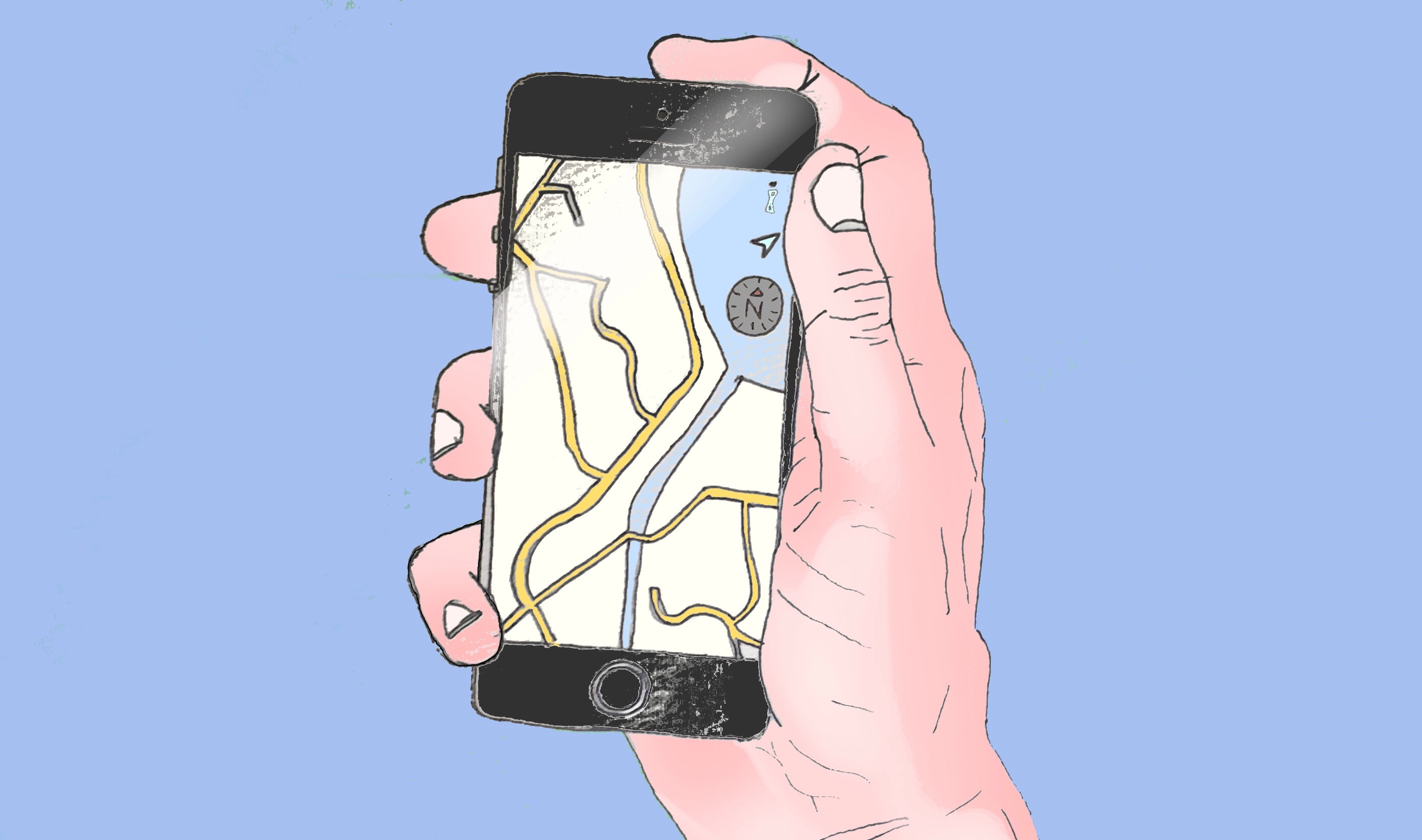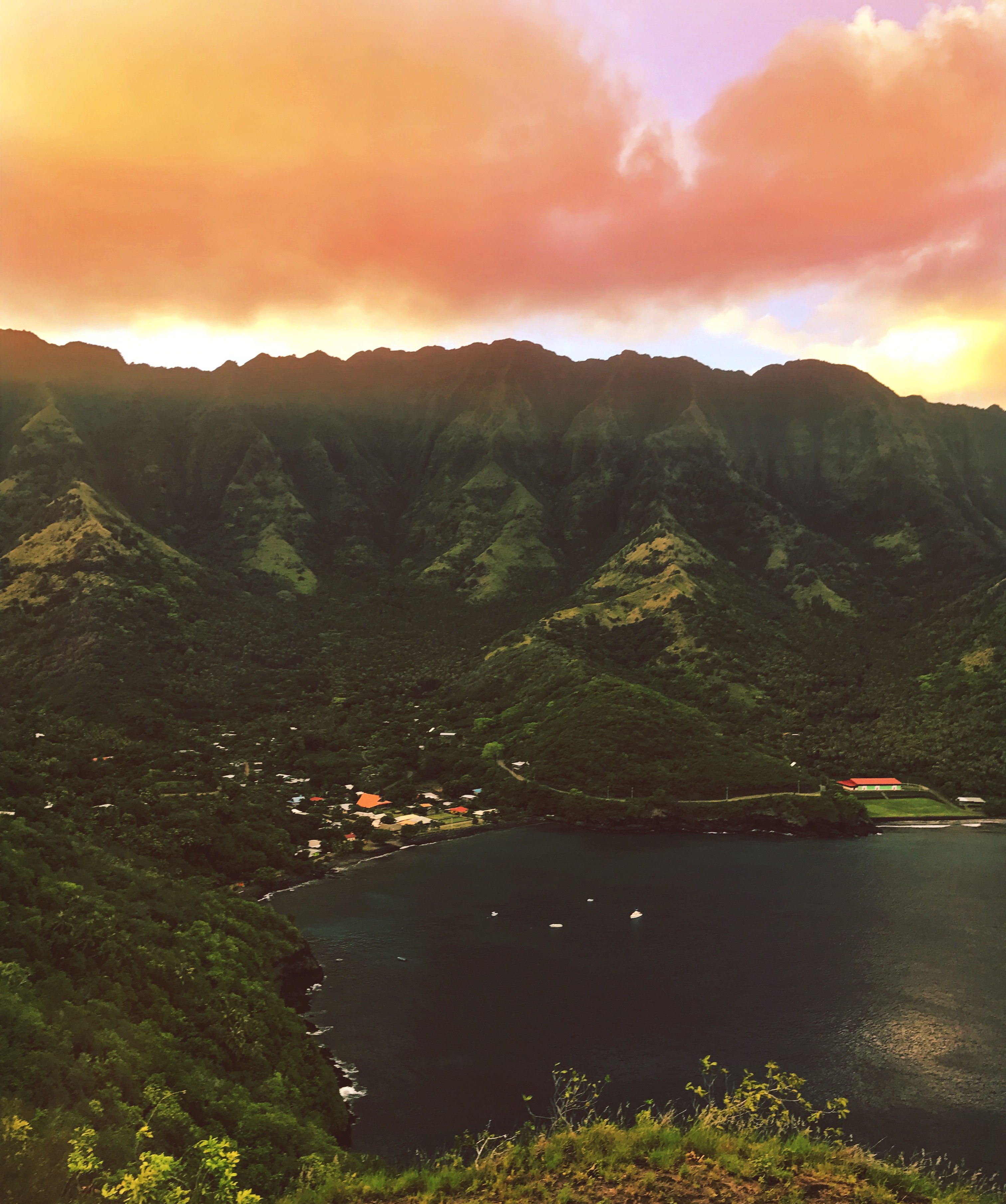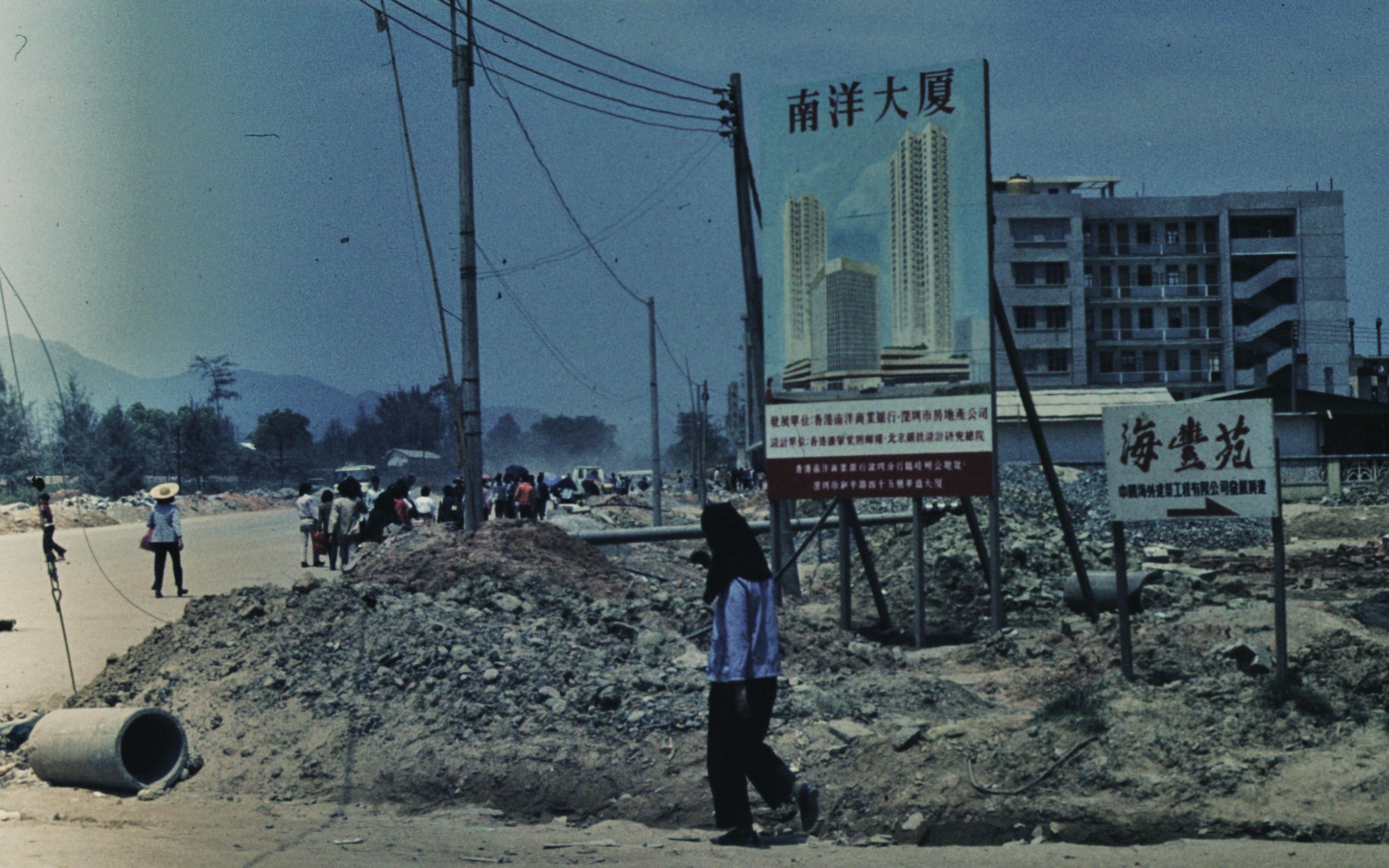
Inbetween Places; The Trouble of Transport in Travel
Ankara Bar crouches in a pothole between the alleys of Penang. The tattered sign above the door is barely visible through the limp streetlights, and the green water drooling out of the drains creeps up your feet the longer you squint to read it. The name of the shop can be a bit misleading. The deadpan Malay at the till has no connection to Ankara, or to anywhere in Turkey. It also isn’t actually a bar; existing more as a surreal crossover between a corner shop, a brewery, and a speakeasy. The space grew into a social hive after locals started to gather chairs outside their friend’s unlicensed brewery so that they could kick back while they drank their hooch. Evidently the brewer realised he could start charging them money.
Being given a customer’s assurance that I could drink the gut-rot without giving up my eyesight, I wondered into the shop – eyeing the grimy spirit laboratory through the beaded curtains behind the till – and bought some vodka, which was poured into an old repurposed bottle. Each swig felt like putting out matches in my mouth.
Outside of the shop lay a junk yard of plastic chairs and sweaty people. Upon sitting down I was immediately yanked into a thousand conversations. The exuding warmth of the Ankara patrons turned the bar into the centre of a web of mini adventures; I spent my days in Penang being made honey-tea by Malay drug dealers in their coastal penthouse as they bemoaned the state of their government, battling the extravagant advances of a local who became enamoured with my travelling partner, and becoming embroiled in an ill-fated and prolonged attempt to get off with a Russian year-abroad student. All of these episodes started with a conversation at Ankara Bar.
Yet in tourist psychology, Ankara bar – away from the hot attractions and nightlife district of the island – falls in between places. Apart from a handful of shoe-string travellers who, wandering like lost children through the darker streets of the city, bumbled their way into this rotting haven, you won’t find the tourists of Penang sterilising their gullets and hobnobbing with the locals at Ankara. Instead, walking the main streets of Georgetown you see throngs of red-faced Brits abroad shuttling between cold monuments in taxis, consigning endless selfies to vegetate forgotten in the memory banks of their phones.
Modern interpretations of the Marxist principle of psychogeography describe how the ubiquity of cars has cocooned our lives between hubs – places of work and places of consumption – and has uncoupled the link between human geography and physical geography. We travel between our home, our work, and our shops in metal boxes detached from the natural spacing of our surroundings. This also bleaches our experience of other countries and cultures. We research ‘sights’ before our feet even glance the plane and, on arrival, teleport ourselves between them in sealed taxis. Yet if someone asked me how to experience my own hometown, Edinburgh, I wouldn’t drive them solely between the castle – which, having lived here for ten years I have never actually visited – and the Sir Walter Scott monument, but instead we would stroll between tucked away art galleries, get chatty with strangers in bars, and tangle our way through farmers markets and small shops.
Not using cars and taxis, and therefore passing through these in-between places, lets us engage with the reality of the areas we visit, and meet people who aren’t just putting on a show for tourists. The world has been paved and shined so heavily that sometimes the only way to touch the earth is through the cracks in between.
In Lebanon, earlier this summer, I decided to walk to all of the major sites – as long as it was a relatively safe area and doable within three to four hours. One day, being dropped near Baalbek – a Hezbollah stronghold near the Syrian border which houses the Temples of Bacchus, Jupiter, and Venus – I decided to ignore the standard taxi service going from the stop into the site. After a time, I stumbled across a smaller, unpopulated, archeological area. Wandering into the entrance and turning right at the end of the wall that followed the path down, I came face to face with a military officer holding a large sub-machine gun. Startled, I blurted out “3afwan, sa’akhruj” (sorry, I will leave), and turned to scamper away. Before I could make a move, I felt him grab my arm with a steely fist. To my surprise, I turned to meet a beaming, friendly grin. “Coffee? Cigarette? Sit!” Two hours, a pot of Arabic coffee, and a packet of Viceroys later I had learned far more about the area than I would from visiting the rest of Baalbek. The officer had talked passionately about the realities of living in an area controlled by Hezbollah and even spoke with knowledge about the Phoenician and Roman ruins of Baalbek. Changing my relationship with the geography of Lebanon would continue to produce these encounters, where I met unique, friendly people who showed me another side of the country.
I found places like Ankara Bar through intentional accidents. That is, removing the orderliness that constricted my interaction with the areas that I passed through. Our use of cars and transport profoundly affects our relationship to our surroundings, and walking through the areas we travel can shift our perception of entire cultures. In a world blown into separate bubbles, stepping outside of them bursts the liquid lens that distorts our view, and lets us see spaces naturally.
Illustration by Freddie von Kaufman







